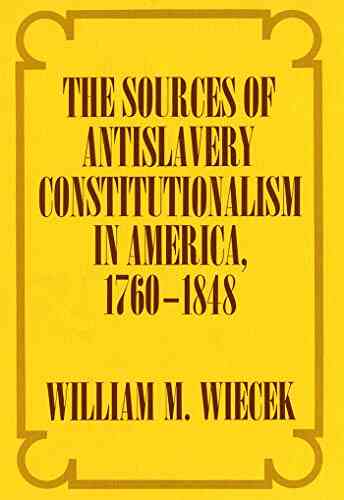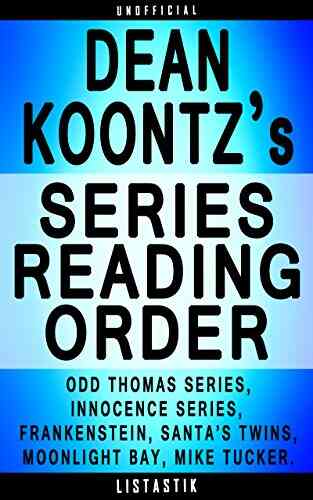The Untold Sources Behind America's Anti-Slavery Constitutionalism (1760-1848)

Slavery had been deeply ingrained in American society since the earliest days of the country, but a transformative shift began to take place in the late 18th century. An ideological and moral opposition to slavery emerged, rooted in principles of equality and justice. This budding anti-slavery movement eventually found its way into the very fabric of the American Constitution, as a group of remarkable individuals tirelessly fought for the abolition of slavery. In this article, we will explore the long-lasting sources and key events that shaped anti-slavery constitutionalism in America between 1760 and 1848.
The Enlightenment and Natural Rights
The Enlightenment era of the 18th century had a profound influence on the development of anti-slavery ideas in America. Philosophers and thinkers such as John Locke and Thomas Paine argued for the natural rights of all individuals, claiming that no person should be subjected to the bondage of slavery. These ideas began to permeate through American society and laid the groundwork for the eventual constitutional reforms.
It is from this intellectual tradition that figures like Benjamin Franklin, Thomas Jefferson, and George Mason emerged, championing the idea of equality and the inherent rights of mankind. Their writings and influence significantly molded the anti-slavery constitutionalism movement.
4.7 out of 5
| Language | : | English |
| File size | : | 861 KB |
| Text-to-Speech | : | Enabled |
| Enhanced typesetting | : | Enabled |
| Word Wise | : | Enabled |
| Print length | : | 309 pages |
| Screen Reader | : | Supported |
The American Revolution and Independence
The American Revolution in the late 18th century played an essential role in solidifying the path towards anti-slavery constitutionalism. The conflict against the British colonial rule fostered a sense of unity and a desire for liberty among the American people. As the war for independence raged on, it became increasingly incongruous to fight for freedom while denying it to others.
The principles outlined in the Declaration of Independence, particularly the phrases "all men are created equal" and "inalienable rights," created an ideological tension with the institution of slavery. The fight for liberty, combined with the Enlightenment ideals, propelled the conversation on abolishing slavery within the context of the newly formed United States.
The Founding Fathers and Their Anti-Slavery Convictions
Despite owning slaves themselves, several of the Founding Fathers expressed anti-slavery sentiments and advocated for its ultimate abolition. Figures such as Thomas Jefferson and George Washington, while personally conflicted, recognized the inherent contradiction between slavery and the principles upon which America was founded.
Jefferson's original draft of the Declaration of Independence even included a condemnation of the slave trade. Although it was ultimately removed due to political considerations, it highlighted the internal struggle faced by many who grappled with the contentious issue of slavery.
The Rise of Abolitionist Societies
As America navigated its early years as an independent nation, organized anti-slavery societies began cropping up throughout the country. These societies acted as a vehicle for disseminating anti-slavery ideas and bringing like-minded individuals together to advocate for change.
One such organization was the American Colonization Society, which aimed to gradually emancipate slaves and relocate them to Africa. While the motivations behind this society were varied, it represented a significant development in public discourse surrounding slavery and the search for a solution.
The Declaration and Constitution - Seeds of Hope
Despite the deeply ingrained inequalities and compromises made during the drafting of the Constitution, the document itself provided fertile ground for future anti-slavery activism. The Constitution's vague language and underlying principles provided an avenue for interpretation, leading some antislavery advocates to argue that the institution of slavery would eventually be dismantled.
Chief Justice John Marshall, in his decisions on cases such as Marbury v. Madison and McCulloch v. Maryland, interpreted the Constitution broadly and emphasized the importance of its fundamental principles. This judicial interpretation laid the groundwork for future challenges against the legality of slavery.
The Role of Religion and Christian Abolitionists
The religious fervor that swept through America in the early 19th century also played a significant role in advancing the cause of anti-slavery constitutionalism. Christian abolitionists emerged, using biblical teachings to argue that slavery contradicted Christian values and principles.
Figures such as Theodore Weld and William Lloyd Garrison became influential voices in the fight against slavery, emphasizing the moral and religious aspect of the issue. Their impassioned speeches and publications stirred public sentiment and helped galvanize the anti-slavery constitutionalism movement.
The Underground Railroad and Freedom Seekers
The Underground Railroad served as a powerful symbol of resistance against slavery, offering enslaved individuals a chance at freedom. This extensive network, composed of both black and white abolitionists, operated covertly to help enslaved people escape to free states or Canada.
While not directly linked to constitutional reforms, the Underground Railroad highlighted the determination to undermine the institution of slavery and became a tangible demonstration of the sentiment for abolitionism across America.
The Seneca Falls Convention and Women's Rights
Lastly, the emergence of the women's rights movement in the mid-19th century played a vital role in advocating for the abolition of slavery. The Seneca Falls Convention of 1848, a landmark event in the fight for gender equality, also addressed the issue of slavery and called for its immediate end.
The idea that fundamental rights should be extended to all individuals, irrespective of gender or race, became an integral part of the evolving anti-slavery movement. Prominent women's rights advocates, such as Elizabeth Cady Stanton and Susan B. Anthony, lent their voices and influence to champion the intertwined causes of abolition and women's rights.
The anti-slavery constitutionalism movement in America between 1760 and 1848 drew its strength from a variety of sources. The Enlightenment ideals of natural rights, the American Revolution's cry for liberty, the conflicting convictions of the Founding Fathers, the rise of abolitionist societies, the interpretive possibilities within the Constitution, the religious fervor, the Underground Railroad, and the women's rights movement all contributed to the gradual shift towards a society that could no longer tolerate the institution of slavery.
While the path was long and arduous, these sources played a crucial role in shaping the anti-slavery constitutionalism movement, leading to the eventual abolition of slavery with the passage of the 13th Amendment in 1865.
4.7 out of 5
| Language | : | English |
| File size | : | 861 KB |
| Text-to-Speech | : | Enabled |
| Enhanced typesetting | : | Enabled |
| Word Wise | : | Enabled |
| Print length | : | 309 pages |
| Screen Reader | : | Supported |
This ambitious book examines the constitutional and legal doctrines of the antislavery movement from the eve of the American Revolution to the Wilmot Proviso and the 1848 national elections. Relating political activity to constitutional thought, William M. Wiecek surveys the antislavery societies, the ideas of their individual members, and the actions of those opposed to slavery and its expansion into the territories. He shows that the idea of constitutionalism has popular origins and was not the exclusive creation of a caste of lawyers. In offering a sophisticated examination of both sides of the argument about slavery, he not only discusses court cases and statutes, but also considers a broad range of "extrajudicial" thought—political speeches and pamphlets, legislative debates and arguments.
Do you want to contribute by writing guest posts on this blog?
Please contact us and send us a resume of previous articles that you have written.




















Light bulbAdvertise smarter! Our strategic ad space ensures maximum exposure. Reserve your spot today!
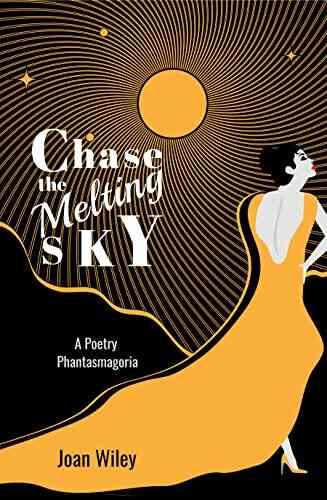
 Dale MitchellDiscover the Magical Journey of "Chase The Melting Sky" Poetry Phantasmagoria
Dale MitchellDiscover the Magical Journey of "Chase The Melting Sky" Poetry Phantasmagoria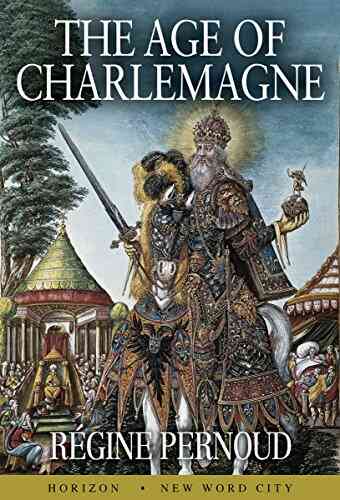
 Julio Ramón RibeyroThe Age of Charlemagne Comley: Unveiling the Intriguing Chapter of History
Julio Ramón RibeyroThe Age of Charlemagne Comley: Unveiling the Intriguing Chapter of History Danny SimmonsFollow ·5.7k
Danny SimmonsFollow ·5.7k Pete BlairFollow ·13k
Pete BlairFollow ·13k Alex FosterFollow ·10.7k
Alex FosterFollow ·10.7k Robert Louis StevensonFollow ·5.6k
Robert Louis StevensonFollow ·5.6k Duncan CoxFollow ·12.1k
Duncan CoxFollow ·12.1k Enrique BlairFollow ·11.3k
Enrique BlairFollow ·11.3k Keith CoxFollow ·19k
Keith CoxFollow ·19k Dylan HayesFollow ·10k
Dylan HayesFollow ·10k

 Jesus Mitchell
Jesus MitchellUnveiling the Cosmic Mystery: The Star Emkay Connor...
The universe is an endless expanse filled...

 Roy Bell
Roy BellGood Hunting: Can You Kill the King? - A Thrilling...
Are you ready for an...
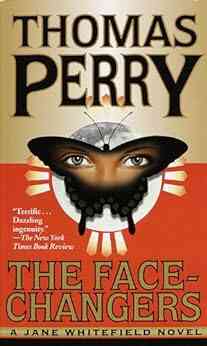
 Gary Cox
Gary CoxThe Face Changers: Jane Whitefield - A Master of Disguise
Imagine a world where you could change...

 Dashawn Hayes
Dashawn HayesChristmas Wishes Key Largo Christmas: A Magical...
The holiday season is truly a time of wonder...

 Kirk Hayes
Kirk HayesUnearth the Mysteries with Relic Hunter Coastal Vigilante
Welcome to the world of Relic...
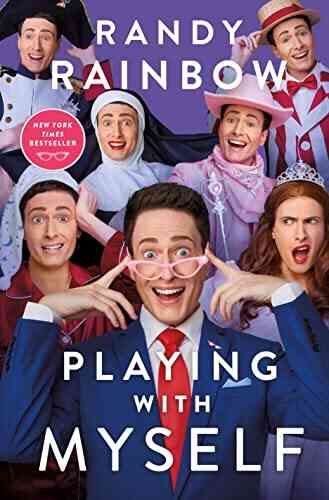
 Kevin Turner
Kevin TurnerPlaying With Myself: Randy Rainbow Takes the Stage
Do you enjoy music, comedy, and quick-witted...

 Virginia Woolf
Virginia WoolfTank Blue Collar Billionaires Malone: The Inspiring Rags...
When you think of billionaires, images of...

 Norman Butler
Norman ButlerGive The Baby To The Fuhrer - A Gripping Military Fiction...
The Third Reich's involvement in World...

 Mike Hayes
Mike HayesConfessions of a Sociopath: Unveiling the Dark Mind
Have you ever wondered what goes on...

 Austin Ford
Austin FordThe Lost Nebula Lost Starship 16: An Epic Journey Beyond...
Have you ever dreamt of embarking on a...

 Guillermo Blair
Guillermo BlairPoison Orchids: A Darkly Compelling Psychological...
If you're a fan of gripping psychological...

 Carlos Fuentes
Carlos FuentesApache Nifi 51 Interview Questions: A Comprehensive Guide...
Are you preparing for a job interview that...
4.7 out of 5
| Language | : | English |
| File size | : | 861 KB |
| Text-to-Speech | : | Enabled |
| Enhanced typesetting | : | Enabled |
| Word Wise | : | Enabled |
| Print length | : | 309 pages |
| Screen Reader | : | Supported |


